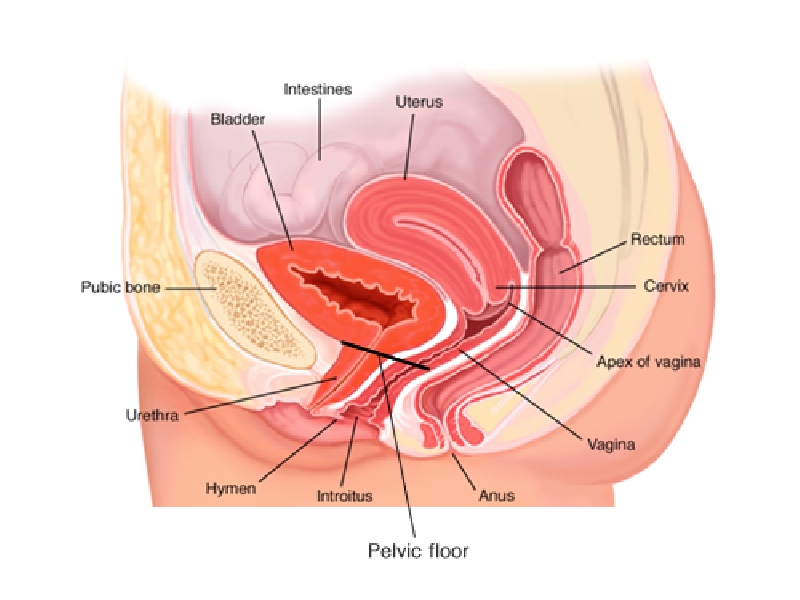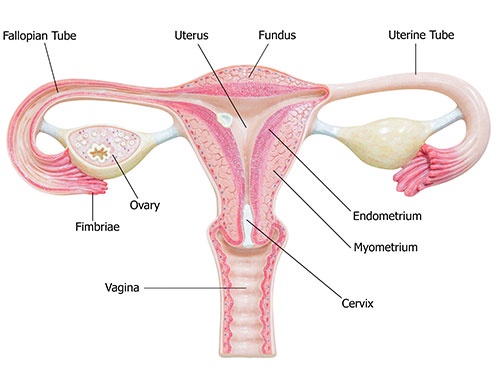
Woman Urology is a medical specialty that focuses on the urinary system and male reproductive organs. However, it is essential to understand that urological conditions can affect both men and women. Women's urology involves the diagnosis and treatment of conditions that affect the urinary tract and reproductive system in women. Women often experience urological issues that differ from those encountered by men. Understanding women's urology is essential to ensure that women receive proper diagnosis, treatment, and care.
Common Urological Conditions in Women:
Urinary Tract Infections (UTIs):
Woman Urology UTIs are one of the most common urological conditions in women. It occurs when bacteria enter the urethra and multiply in the bladder. The symptoms of UTIs include pain or a burning sensation during urination, frequent urination, and cloudy or strong-smelling urine. UTIs are treatable with antibiotics, and women should seek medical attention if they suspect they have a UTI.
Overactive Bladder (OAB):
OAB is a condition that causes sudden, uncontrollable urges to urinate, often accompanied by urine leakage. The condition can be caused by nerve damage, hormonal changes, or other underlying conditions. Treatment options include medication, pelvic floor exercises, and bladder training.
Urinary Incontinence:
Urinary incontinence is the involuntary loss of urine, and it can occur in women of all ages. The condition can be caused by weakened pelvic floor muscles, nerve damage, or hormonal changes. Treatment options include pelvic floor exercises, medication, and surgery.
Pelvic Organ Prolapse (POP):
POP occurs when the pelvic organs, including the bladder, uterus, or rectum, descend into the vagina. The condition can be caused by weakened pelvic muscles, childbirth, or menopause. Treatment options include pelvic floor exercises, pessaries, and surgery.
Interstitial Cystitis/Bladder Pain Syndrome (IC/BPS):
IC/BPS is a chronic bladder condition that causes pain and discomfort in the bladder and pelvic area. The condition can be challenging to diagnose, and treatment options include medication, bladder instillations, and nerve stimulation.
Diagnosis and Treatment:
The diagnosis of urological conditions in women often involves a physical exam, medical history, and diagnostic tests such as urinalysis, cystoscopy, and ultrasound. Treatment options vary depending on the condition, and may include medication, pelvic floor exercises, bladder training, pessaries, or surgery.
The Importance of Women's Urology:
Urological conditions in women can significantly impact their quality of life, and seeking timely medical attention is essential. Women's urology provides specialized care and treatment for women's unique urological conditions, ensuring that they receive the best possible care. Women's urology can also help prevent future urological issues by educating women on healthy bladder habits, pelvic floor exercises, and other preventative measures.
Conclusion:
Women's urology is an essential aspect of women's health that addresses the unique urological conditions that women experience. Common urological conditions in women include UTIs, OAB, urinary incontinence, POP, and IC/BPS. Diagnosis and treatment options vary depending on the condition, and may include medication, pelvic floor exercises, bladder training, pessaries, or surgery. Seeking timely medical attention is crucial for the diagnosis and treatment of urological conditions in women. Women's urology provides specialized care and treatment for women's urological conditions, ensuring that women receive the best possible care.
Woman Urology How Its Work?
Women's urology is a specialized field of medicine that focuses on the diagnosis and treatment of urological conditions that affect women. Urological conditions can affect the urinary tract and reproductive system in women, and they can range from common conditions like urinary tract infections (UTIs) to more complex conditions like pelvic organ prolapse (POP) and interstitial cystitis/bladder pain syndrome (IC/BPS).
The field of women's urology is typically practiced by urologists who have specialized training in the diagnosis and treatment of urological conditions in women. These specialists have expertise in the female anatomy and understand how urological conditions affect women differently than men.
Diagnosis of Urological Conditions in Women:
The diagnosis of urological conditions in women typically involves a physical exam, medical history, and diagnostic tests such as urinalysis, cystoscopy, and ultrasound. In some cases, additional tests may be necessary, such as urodynamic testing, which assesses the function of the bladder and urethra.

Treatment Options for Urological Conditions in Women:
Treatment options for urological conditions in women vary depending on the condition and its severity. Treatment options may include:
Medications: Antibiotics are commonly used to treat UTIs, while other medications may be used to treat overactive bladder (OAB), urinary incontinence, or IC/BPS.
Pelvic floor exercises: Pelvic floor exercises are exercises that help strengthen the muscles in the pelvic floor, which can help alleviate symptoms of urinary incontinence and pelvic organ prolapse.
Bladder training: Bladder training involves gradually increasing the time between trips to the bathroom, which can help improve bladder control and reduce symptoms of OAB.
Pessaries: Pessaries are devices that are inserted into the vagina to support the pelvic organs and alleviate symptoms of pelvic organ prolapse.
Surgery: Surgery may be necessary in cases of severe pelvic organ prolapse or other complex urological conditions.
If you want to get amazing benefits by using this link
The Importance of Women's Urology:
Urological conditions can significantly impact a woman's quality of life, and seeking timely medical attention is essential. Women's urology provides specialized care and treatment for women's unique urological conditions, ensuring that women receive the best possible care.
Furthermore, women's urology can also help prevent future urological issues by educating women on healthy bladder habits, pelvic floor exercises, and other preventative measures. Early detection and treatment of urological conditions can improve outcomes and prevent long-term complications.
Conclusion:
In conclusion, women's urology is an essential aspect of women's health that addresses the unique urological conditions that women experience. It is crucial to seek medical attention if experiencing any urological symptoms and to receive specialized care and treatment from a urologist with expertise in women's urology.


No comments yet